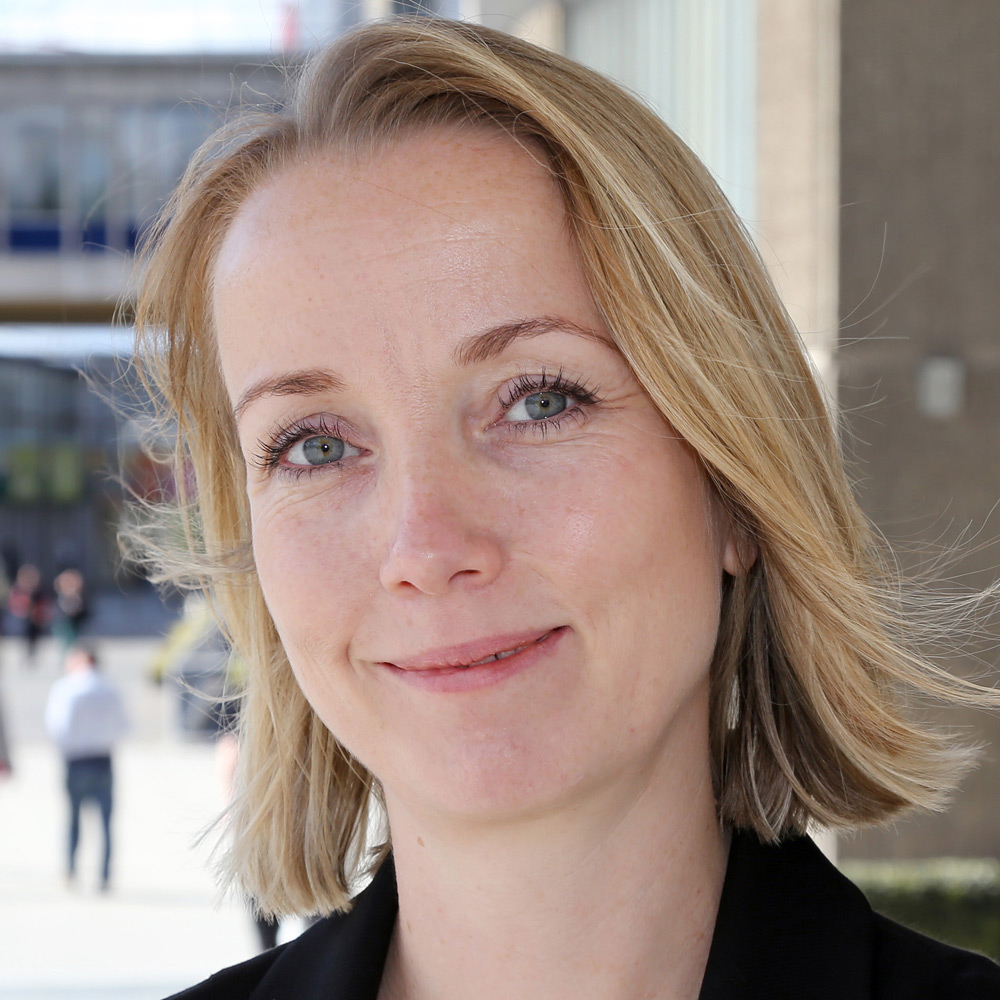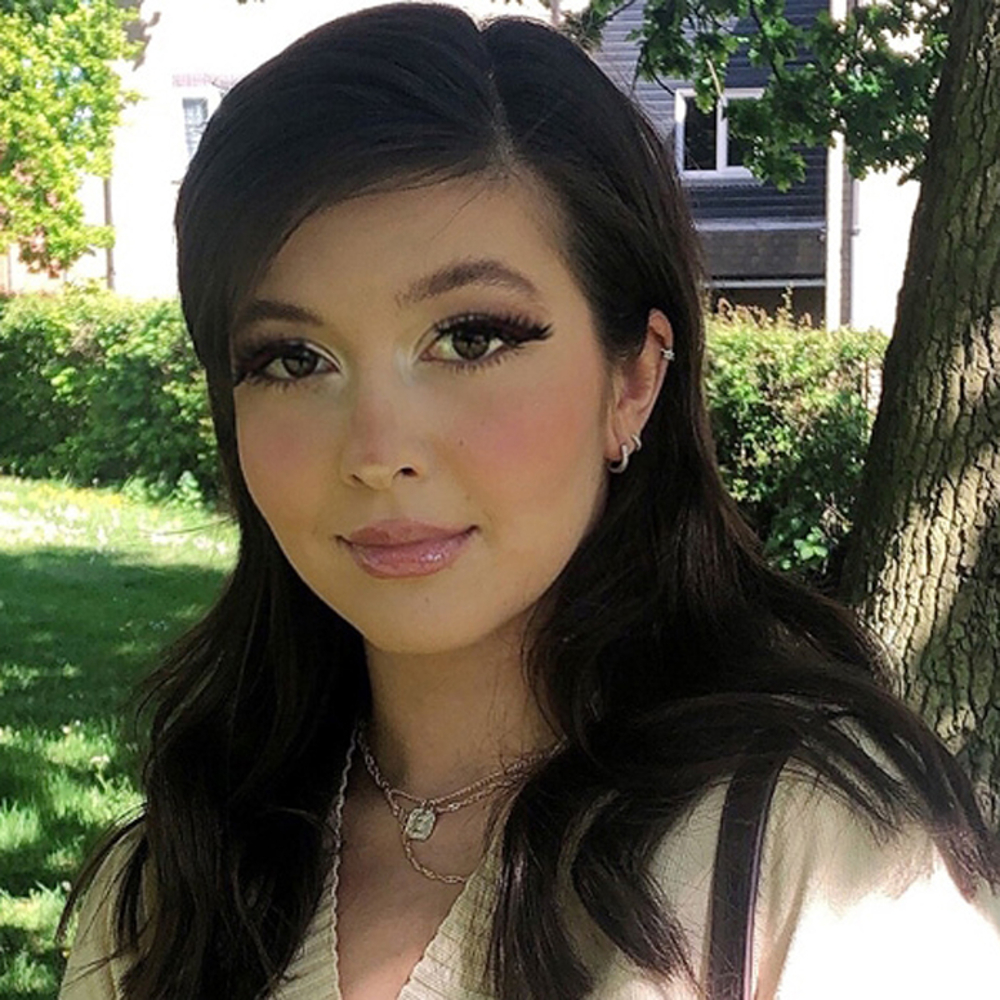Dr Julie Walsh

-
Email
julie.walsh@essex.ac.uk -
Telephone
+44 (0) 1206 873903
-
Location
5A.208, Colchester Campus
Profile
Biography
Prior to my appointment at Essex in 2017, I held a five-year Global Research Fellowship at the Institute for Advanced Study, University of Warwick. I gained my PhD from the History and Philosophy of Science Department, University of Cambridge (2012). My time as an academic has been spent in departments of Sociology, Literary Studies, History and Philosophy of Science, and now, Psychosocial and Psychoanalytic Studies. My research is accordingly interdisciplinary, connecting critical and cultural theory, gender and sexuality studies, medical humanities, psychoanalysis and psychosocial studies. I am also a psychoanalyst with a long-term clinical practice, which has greatly shaped the types of research questions I ask and the projects I pursue. I have a fundamental interest in processes of self-understanding: how do we come to know ourselves; what are the limits of our self-possession; according to which social scripts do we try to fashion an identity; with what cultural and critical resources might we re-imagine our relationships to ourselves and our bodies, to each other, and to conceptions of the social? In such questions one can hear both a psychoanalytic and sociological orientation, but also the influence of traditions of cultural and feminist thought that investigate how specific sites of cultural life (and cultural fantasy) are negotiated via the coercions and consolations of late-capitalist, liberal democracies. My research centres on sites of cultural conflict and apparent communicative impasse. It offers interdisciplinary perspectives on named ‘pathologies’ (e.g. narcissism, melancholia), and thinks about the intersections of gendered embodiment with discourses of mental health and psychological wellbeing. My research often focusses on the production and reception of powerful cultural imaginaries. For example, the British Academy funded study ‘Holding Hands: shame, pride and protest among LGBTQ relationship partners’ uses image-making in a participatory, creative research methodology to explore public cultures of intimacy in community-specific ways. I also have a strong interest in the genre of the case-study as it combines the literary and sociological imagination with the epistemological ambition of medical science. Case studies stand as historical documents and occasionally as testimonies to a named (or pseudonymised) individual. By re-reading them we can recover the voice or narrative of the patient – perhaps exposing a social or political dimension to their suffering – and can help re-assess the dynamics of authority and power in the clinic. In these ways, case studies engage contemporary cultural debates. This approach is evident in my article on the interrelations of sex, (trans)gender identity and the genre of the case study in The History of the Human Sciences (‘Confusing Cases: Forrester, Stoller, Agnes, Woman’). I’m currently developing further work in this area. In conversation with my clinical work, I have developed interests in interdisciplinary approaches to ‘proxemics’ and the psychosocial aspects of embodiment. I have written about how space is registered and negotiated in the consulting room, which became of special concern during the period of the Pandemic (see my essay for Society and Space ‘Proxemics and Psychotherapy: What Does Two Meters Feel Like?’). Further examples of this strand of my work include: an article on Marion Milner and her formidable case study The Hands of the Living God, in which Milner and patient Susan’s combined attempts at thinking through images represents a re-spatialising of their intra-psychic and inter-subjective worlds; and an article on Frantz Fanon’s explicit spatialisation (and epidermalization) of Freud’s enduring image for the body-schema, the amoeba. Here, I explore how the amoeba motif helps Freud and Fanon differently describe the emergence of the subject in terms of speculative spatial movements which register, through bodily feelings, the psycho-political realities of distance, reach, extension, and touch. My first academic monograph Narcissism and Its Discontents (2015) challenged the received wisdom that narcissism is only destructive of good social relations, instead offering a theorisation of narcissistic sociability that redeems Narcissus from his position as the subject of negative critique. This book traced the movement of a concept from Freudian metapsychology, through Anglo-US sociology of the mid-twentieth century, to contemporary critical and queer theory. In establishing the different disciplinary usages of narcissism, I simultaneously tracked its cultural histories to demonstrate how Narcissus’s axiomatic difficulty in discerning the difference between ‘self’ and ‘world’ continues to the animate the fault lines of today’s cultural politics. The hermeneutics of narcissism remain in view in my subsequent works that explore the binding logics of sociality, different states of public feeling, and the role of negative affects in community-formation (e.g. Narcissism, Melancholia and the Subject of Community (2017); Shame and Modern Writing (2018)). I am currently working on a second monograph project, Influencer Culture: Investigating the Reflexivity of Contemporary Charismatic Authority. Building on my earlier work on cultural narcissism, which contested the melancholia of sociological discourse as it narrates the fragmentation of the public sphere, this project shows how ‘influencer culture’ represents a significant redistribution of charismatic authority in the modern age. As well as establishing the figure of the influencer as a sociological type, the project uses case-study methods to examine three principal operations of charismatic influence today: digital charisma; gesture politics; body image. I demonstrate how influencer culture does not only represent intense social anxieties concerning our image-oriented worlds, but also forms the grounds through which the problems and promises of new modes of charisma become central to the reflexive project of the self. I am also the Co-editor-in-Chief of the Palgrave Handbook for Psychosocial Studies (with Stephen Frosh and Marita Vyrgioti). The Handbook, which is the first major reference work of its kind, has been structured to evolve as a ‘living work’, representing the plurality of psychosocial scholarship as it is configured today and encompassing new topics, issues and approaches as they continue to emerge in future years. I welcome enquires from researchers, practitioners, and graduate students whose work connects with any of my areas of specialism, including: - The changing ‘psychopathologies’ of everyday life (including the many faces of narcissism) - Operations of shame, stigma, pride and protest in the negotiations of identity - The genre of the case-study - Discursive histories of the psycho-soma question (including contemporary queer and feminist theories of embodiment) - Psychoanalysis and writing (including patient-practitioner dialogue; psychoanalytic memoir; practices of journaling and note-keeping; psychoanalysis and poetry) - Auto-theoretical and auto-fictional writing in gender and sexuality studies Full details of my publications record can be found below.
Appointments
University of Essex
-
Co-Chair, Athena Swan Institutional SAT. Nov 2022 - ongoing, University of Essex (1/11/2022 - present)
-
Co-Director MA in Gender and Sexuality Studies, Psychosocial & Psychoanalytic Studies, University of Essex (2022 - present)
-
Director of Undergraduate Studies, Psychosocial & Psychoanalytic Studies, University of Essex (1/1/2020 - 3/10/2022)
-
Project Lead for Athena Swan (awarded Bronze, 2020), Psychosocial & Psychoanalytic Studies, University of Essex (1/1/2017 - 1/1/2020)
-
Programme Director, BA in Psychosocial and Psychoanalytic Studies, Psychosocial & Psychoanalytic Studies, University of Essex (1/1/2017 - 1/10/2022)
Teaching and supervision
Current teaching responsibilities
-
The Psychosocial Imagination (PA134)
-
Psychoanalytic Theory (PA901)
-
The Psychic Life of Gender: Explorations in the Case Study (PA936)
-
Psychoanalysis and the Psychosocial (PA942)
-
Research Methods and Dissertation (PA981)
-
Current Debates in Psychosocial Studies (PA407)
Current supervision
Previous supervision

Degree subject: Psychoanalytic Studies
Degree type: Doctor of Philosophy
Awarded date: 24/6/2021
Publications
Journal articles (13)
Walsh, J., (2024). On the Narcissism of Parenting: Adoption, Reality-Testing and The Limits of Imagination in Patrick Flanery’s The Ginger Child and Doris Lessing’s The Fifth Child. Adoption and Culture. 11 (2), 139-166
Rohleder, P., Ryan-Flood, R. and Walsh, J., (2023). Holding hands: LGBTQ people’s experiences of public displays of affection with their partner(s). Psychology and Sexuality. 14 (3), 559-571
Walsh, J., (2023). A method of her own: tracing memory in Marion Milner's The Hands of the Living God. Textual Practice. 38 (1), 53-83
Walsh, J., (2021). Ian Parker, Psychoanalysis, Clinic and Context: Subjectivity, History and Autobiography. Psychoanalysis and History. 23 (1), 101-105
Walsh, J., (2020). Confusing cases: Forrester, Stoller, Agnes, woman. History of the Human Sciences. 33 (3-4), 15-32
Walsh, J., (2020). Proxemics and Psychotherapy: What Does Two Meters Feel Like?. Society and Space Magazine
Redman, P. and Walsh, J., (2019). Introduction to the Special Issue on ‘sociology and psychoanalysis’. Psychoanalysis, Culture & Society. 24 (4), 385-393
Walsh, J., (2017). On the seductions of psychoanalytic story-telling: Narcissism and the problems of narrative. Frontiers of Narrative Studies. 3 (1), 71-88
Walsh, J., (2014). Interrupting the frame: reflective practice in the classroom and the consulting room. Pedagogy Culture and Society. 22 (1), 9-19
Sheils, B. and Walsh, J., (2013). Tragedy and Transference in D.M. Thomas'sThe White Hotel. Psychoanalysis and History. 15 (1), 69-89
Walsh, J., (2013). A Clash of Tongues: Notes on an Observation Placement. Free Associations. 64, 8-13
Walsh, J., (2011). Unconscious Dissemblance: The Place of Irony in Psychoanalytic Thought. PIVOT: A Journal of Interdisciplinary Studies and Thought. 1 (1), 142-159
Walsh, J., (2010). Freud’s Wissbegierde and the Research Projects of Childhood: Revisiting Little Hans. Sitegeist: A Journal of Psychoanalysis and Philosophy. 5, 55-74
Books (5)
(2024). The Palgrave Handbook of Psychosocial Studies. Springer International Publishing. 9783031303654
Frosh, S., Vyrgioti, M. and Walsh, J., (2022). The Palgrave Handbook of Psychosocial Studies. Palgrave Macmillan. 978-3-030-61510-9
Sheils, B. and Walsh, J., (2018). Shame and modern writing. Routledge. 1351657518. 9781351657525
Sheils, B. and Walsh, J., (2017). Narcissism, Melancholia and the Subject of Community. Springer. 3319638297. 9783319638294
Walsh, J., (2014). Narcissism and Its Discontents. Palgrave Macmillan. 1137333448. 978-1-137-33343-8
Book chapters (6)
Frosh, S., Vyrgioti, M. and Walsh, J., (2024). Handbook of Psychosocial Studies Introduction. In: The Palgrave Handbook of Psychosocial Studies. Springer International Publishing. 3- 14. 9783031303654
Frosh, S., Vyrgioti, M. and Walsh, J., (2024). Preface. vii- viii
Frosh, S., Vyrgioti, M. and Walsh, J., (2022). Handbook of Psychosocial Studies Introduction. In: The Palgrave Handbook of Psychosocial Studies. Editors: Frosh, S., Vyrgioti, M. and Walsh, J., . Palgrave, Macmillan. 1- 12. 978-3-030-61510-9
Sheils, B. and Walsh, J., (2020). Institutions and Elegies. In: The Routledge Companion to Death and Literature. Routledge. 190- 205
Sheils, B. and Walsh, J., (2018). Introduction: Shame and Modern Writing. In: Shame and Modern Writing. Editors: Shiels, B. and Walsh, J., . Routledge. 1- 32. 9781351657518
Sheils, B. and Walsh, J., (2017). Introduction: Narcissism, Melancholia and the Subject of Community. In: Narcissism, Melancholia and the Subject of Community. Editors: Sheils, B. and Walsh, J., . Palgrave Macmillan. 1- 40. 978-3-319-63828-7
Media (1)
Walsh, J., 1914: Psychoanalysis and the Narcissistic Wound’, War-time Attachments: Essays on Pain, Care, Retreat and Treatment in the First World War. Audio
Other (5)
Walsh, J., A Conversation with Oliver Sacks
Walsh, J., (2017).Open Space: Becoming a Mother: A Response. Feminist Review. 117(1),SAGE Publications
Walsh, J., (2015).Dog Fights. London Review of Books: Blog
Walsh, J., Hollway, W. and Mitchell, J., (2015).Psychoanalysis and Feminism: Then and Now (an interview with Juliet Mitchell). Psychoanalysis, Culture and Society. 1(2),Palgrave Macmillan
Walsh, J., (2015).Letting Go and Holding Tight: A Review. QMUL: The Hisotry of Emotions Blog
Grants and funding
2022
Influencer Culture: Investigating the Reflexivity of Charismatic Authority Today
Leverhulme Trust
2020
Holding Hands: Experiences of shame, pride and protest among LGBT relationship partners
British Academy
Holding Hands: Experiences of shame, pride and protest among LGBT relationship partners
British Academy
Contact
Follow me on social media




